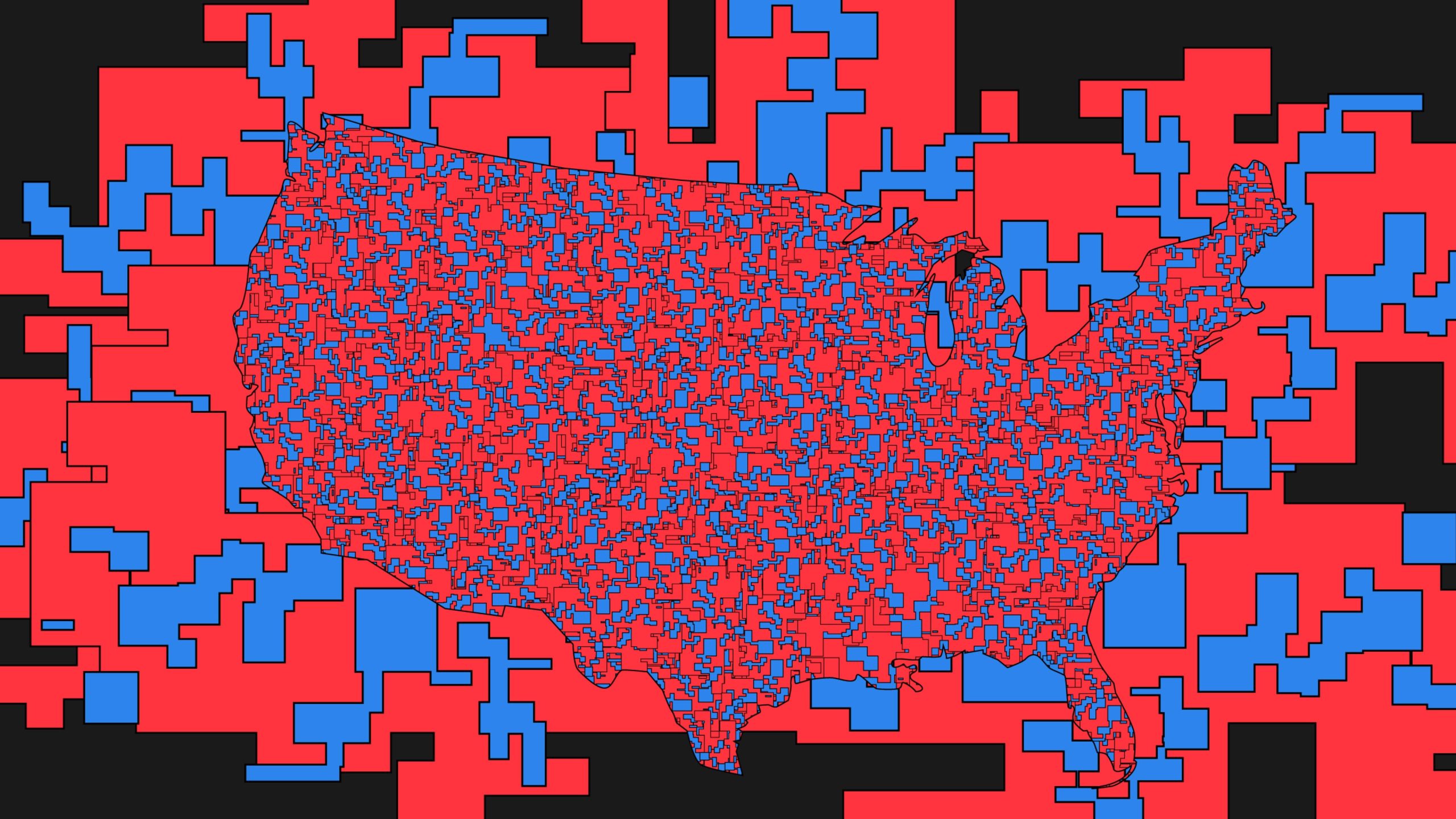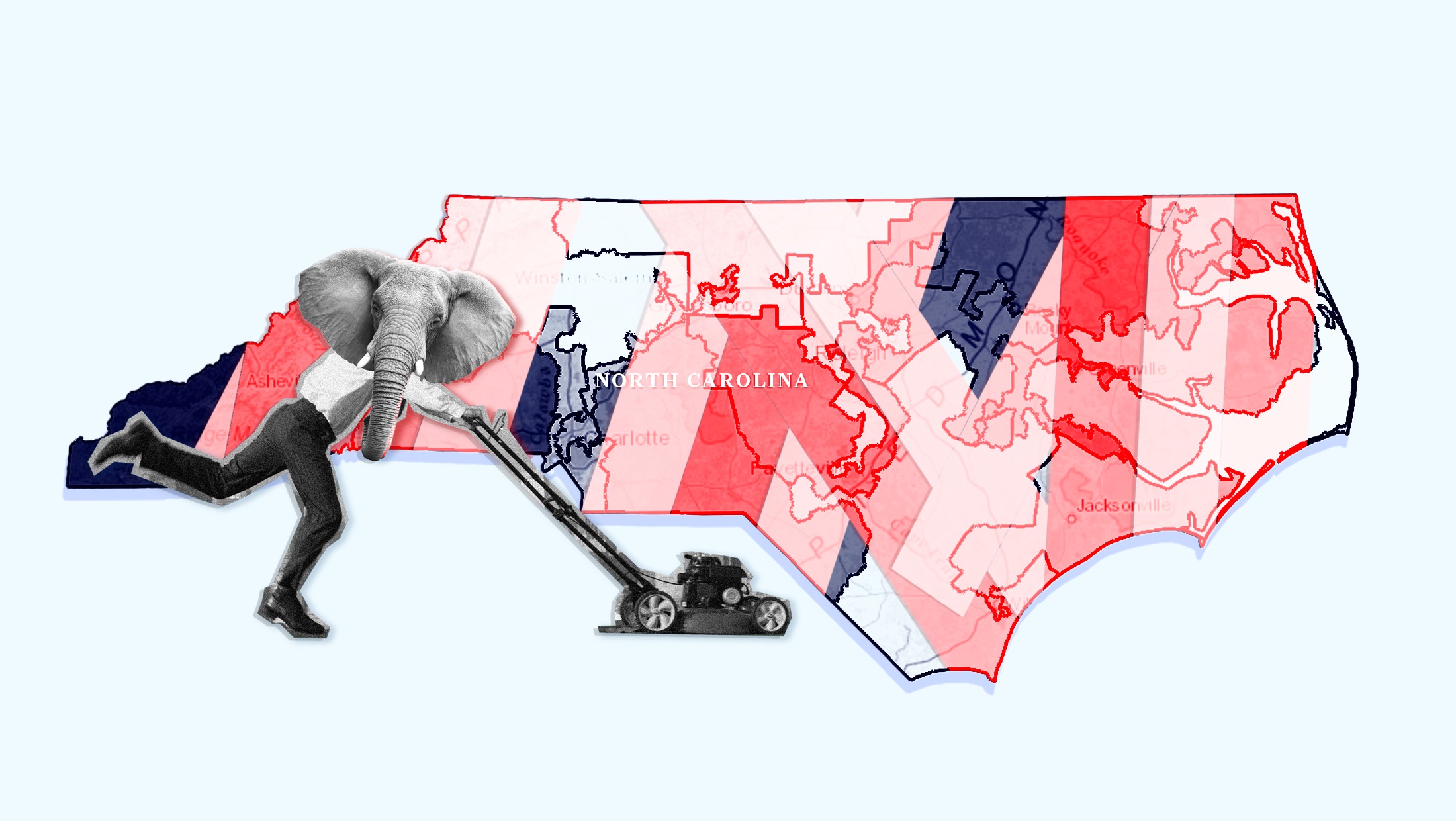The recent signing of new state legislative maps into law by Wisconsin Governor Tony Evers marks the end of a prolonged battle over gerrymandering in the state. Gerrymandering, the manipulation of district borders for political gain, has been a longstanding issue in American politics, dating back to the late 18th century.
Elbridge Gerry, a founding father and vice president, lent his name to the practice when, as governor of Massachusetts in 1812, he approved a redistricting plan that favored his party, prompting opponents to coin the term “gerrymander.”
Over the years, gerrymandering has evolved into a potent tool for partisan advantage, resulting in non-competitive districts that disenfranchise millions of voters. Its impact has been particularly pronounced in the South, where it was used alongside other voter suppression tactics to marginalize Black voices.

While landmark Supreme Court decisions sought to address racial gerrymandering, partisan gerrymandering persisted and even intensified with the advent of sophisticated redistricting software. This technology enabled legislators to draw highly precise maps that cemented their party’s dominance, often at the expense of fair representation.
In response to growing concerns about gerrymandering, there has been a push for independent redistricting commissions. These commissions, composed of nonpartisan or bipartisan members, aim to draw district lines free from political bias. Several states, including California and Michigan, have adopted such commissions with promising results, including increased competition and fairness in electoral outcomes.
However, the effectiveness of independent commissions depends on their authority and autonomy. In states where commissions lack final say over redistricting, politicians may still manipulate district boundaries for their benefit, undermining the commission’s efforts.

Despite these challenges, grassroots movements and advocacy efforts have shown that reform is possible. In Michigan, for example, voters successfully passed Proposal 2 in 2018, establishing an independent redistricting commission. Similar initiatives in other states demonstrate a growing recognition of the need to address gerrymandering and restore fairness to the electoral process.
The fight against gerrymandering underscores the importance of safeguarding democracy and ensuring that every vote counts. By entrusting redistricting to independent commissions, we can work towards a more equitable and representative political system where elected officials truly reflect the will of the people.
